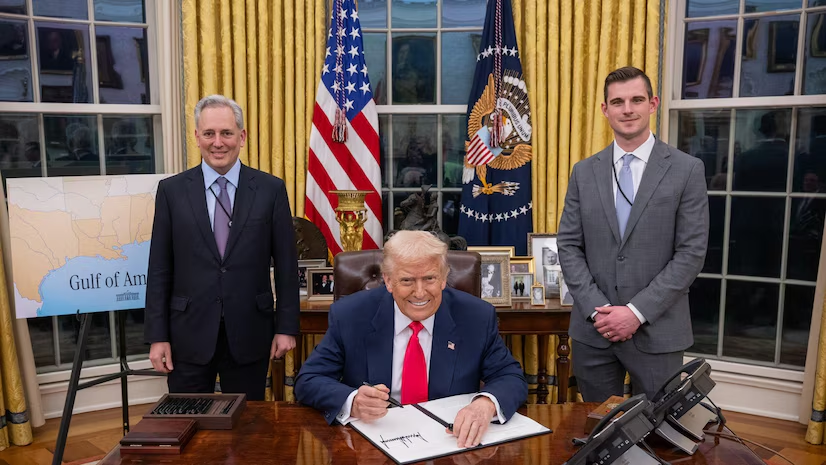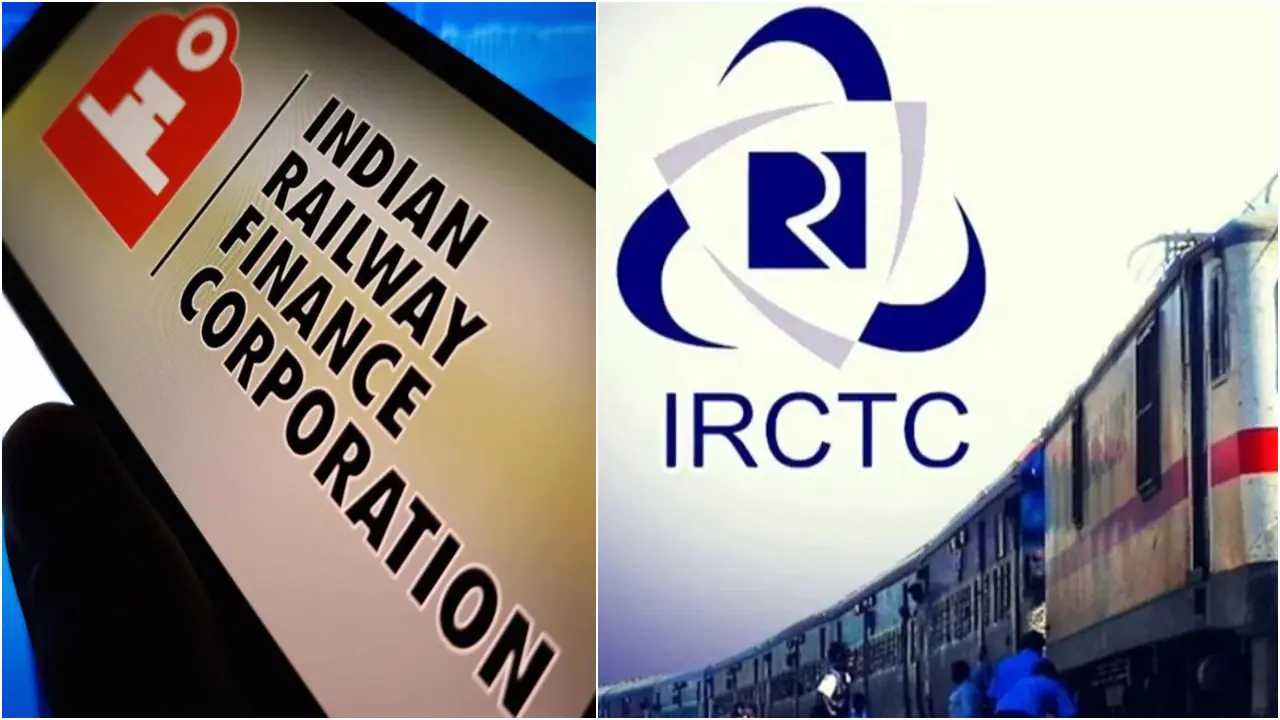- Courses
- GS Full Course 1 Year
- GS Full Course 2 Year
- GS Full Course 3 Year
- GS Full Course Till Selection
- CSAT
- 5 LAYERED ARJUNA Mentorship
- Public Administration Optional
- Online Program
- GS Recorded Course
- NCERT Batch
- Polity Module Course
- Geography Module Course
- Economy Module Course
- AMAC Module Course
- Modern India, Post Independence & World History Module Course
- Environment Module Course
- Governance Module Course
- Science & Tech. Module Course
- International Relations and Internal Security Module Course
- Disaster Management Module Course
- Ethics Module Course
- Essay Module Course
- Current Affairs Module Course
- ABOUT US
- OUR TOPPERS
- TEST SERIES
- FREE STUDY MATERIAL
- VIDEOS
- CONTACT US
Investment Facilitation for Development Agreement (IFDA)
Investment Facilitation for Development Agreement (IFDA)
11-02-2025

India along with South Africa, Namibia, and Turkey, opposed the China-led IFDA proposal at the World Trade Organization (WTO).
About IFDA
- Genesis:
- The IFDA was first proposed in 2017 by China and other developing and least-developed countries (LDCs) within the WTO.
- The key aim was to recognize trade and investment as twin engines of economic growth and sustainable development.
- Objective:
- The primary objective of IFDA is to create legally binding provisions to increase global flows of Foreign Direct Investment (FDI), particularly to developing economies and LDCs.
- The ultimate goal is to foster sustainable development.
- Nature of the Agreement:
- The IFDA is a plurilateral agreement, meaning it is binding only on those members who accept it, but it remains open to all WTO members to join.
- Provisions for plurilateral agreements are outlined in Annex 4 of the WTO Rule Book.
- Based on the Most-Favored-Nation (MFN) Principle:
- The MFN Principle requires WTO members to accord the most favorable tariff and regulatory treatment given to any one member's products, to all other members, at the time of import or export of "like products."
- The MFN Principle is a founding principle of the WTO.
|
Four Pillars of IFDA
|
Reasons for India's Opposition to IFDA
- Jurisdictional and Structural Issues:
- India's stand: Investment matters are not a trade issue, and India believes that the WTO lacks the mandate to regulate investment-related matters.
- Existing WTO agreements, such as GATS (General Agreement on Trade in Services) and TRIMs (Trade-Related Investment Measures), already address trade-related investment aspects.
- Opposition to Plurilateralism:
- India is opposed to the plurilateral approach, viewing it as a threat to the multilateral foundation of the WTO.
- The Doha Development Round of the WTO specifically requires explicit consensus for major agreements, which India feels is contradicted by plurilateral arrangements.
- Concerns Regarding Chinese Leadership:
- India expresses concerns about China's leadership role in the IFDA, particularly in light of China's history of debt-trap diplomacy and strategic investments through the Belt and Road Initiative (BRI).
- India perceives potential risks in formalizing investment frameworks that could increase China’s influence over weaker economies.
- Sovereignty Concerns:
- India argues that the IFDA could boost foreign corporate lobbying, putting diplomatic pressure on weaker economies and thereby limiting their national regulatory powers.
- The agreement might prioritize foreign investors over domestic interests, which could undermine national policy-making autonomy.
|
Potential Benefits of IFDA
|
|
Also Read |
|
| FREE NIOS Books | |



